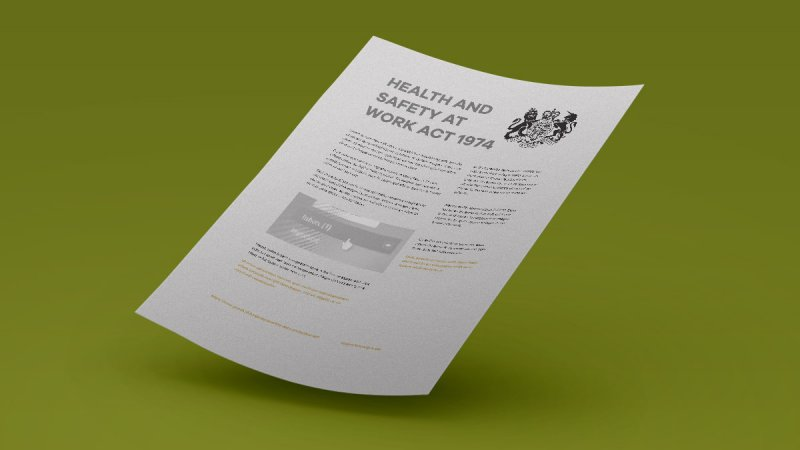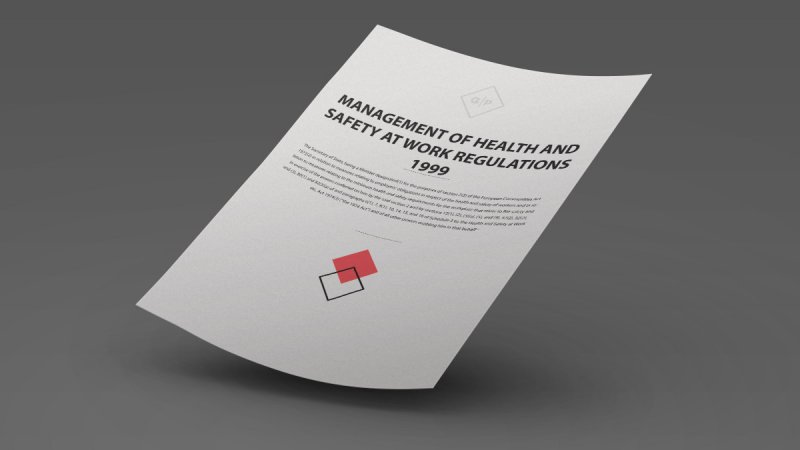The Health and Safety at Work etc. Act 1974 is one of the most prominent pieces of legislation used in the UK to establish regulations relating to health and safety in the workplace. The Health and Safety Executive (HSE) is the responsible body for enforcing the Health and Safety at Work etc. Act, ensuring it is appropriately complied with and administered in every workplace in the UK. Health and safety in the workplace is essential, especially when you consider the crippling lawsuits which have been filed against organisations and businesses in the past due to a lack of health and safety compliance. Therefore, it is essential to ensure that your organisation complies with health and safety legislation in order to avoid severe repercussions and protect your staff.
Why was the Health and Safety at Work etc. Act (HSWA) 1974 created?
In the 1970s, the health and safety in the workplace movement was underway following years of poor working conditions and deaths. In 1970 the US introduced the Occupational Safety and Health Act, and the UK similarly introduced the Employed Persons (Health and Safety) Bill. The health and safety debate was beginning to circulate and the topic had a significant amount of light shed upon it, leading to the committee of inquiry chaired by Lord Robens to consider where the UK was going to take health and safety.
The HSWA’s introduction marked the completed effort to introduce health and safety into the UK properly. The HSWA was created to help organisations and businesses in the UK to comply with ‘organisational intent’ needed to support the new movement in health and safety, which was growing fast. From the 1970s onwards the health and safety movement was gathering momentum, and through the creation of legislation directly related to it, employers became aware of the importance of supporting it. Legislation ultimately encouraged the compliance of organisations with health and safety, so it was a successful change in tactics.
The HSWA creates a structure for health and safety in the workplace, meaning that good practice and requirements are clearer for management and employees to follow. Thus, the responsibility to communicate and comply with HSWA lies with the employer. It is the employer’s responsibility to ensure health and safety exists within the workplace to protect the actions of all employees, customers and work associates. If an employer decides to ignore this duty or to simply undermine it through handling health and safety with a lack of commitment, then they will face the repercussions, which normally appear in the form of a lawsuit, a fine and the tarnishing of the organisation’s reputation.
If health and safety had not taken hold within the UK, the country would not have been able to advance in science and technology to allow professions such as space science to exist. Why would an individual agree to enter a rocket and fly into space if they were not aware that they had sufficient protection provided to them through health and safety legislation? The answer is, they wouldn’t. Health and safety regulations allow individuals to engage in professions which are so necessary, such as medical research, but through the assurance that they are being protected by their employer’s compliance with health and safety standards.

What will happen to an employer if they do not comply with the Health and Safety at Work etc. Act 1974?
The HSWA defines all of the regulatory duties for the employers, employees and contractors involved in any given organisation. The Health and Safety Executive (HSE) and the Health and Safety Commission are now the regulatory bodies responsible for ensuring HSWA is complied with, and these bodies possess substantial enforcement powers. These enforcement powers are supported by the threat of criminal action. For example, if an organisation is found guilty of lack of compliance with HSWA and this has resulted in the injury of one of the employees, they could be charged with a crime which can result in being imprisoned for up to two years, an unlimited fine and the subsequent tarnishing of the organisation’s reputation.
Compliance with HSWA is essential if an organisation wants to protect all of its employees and avoid any repercussions.













